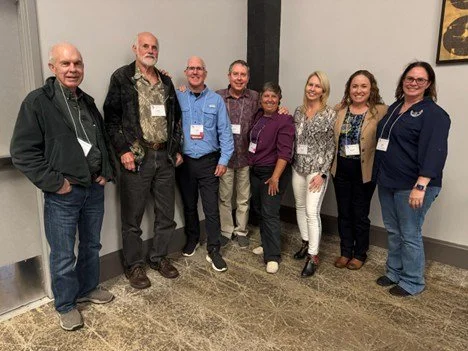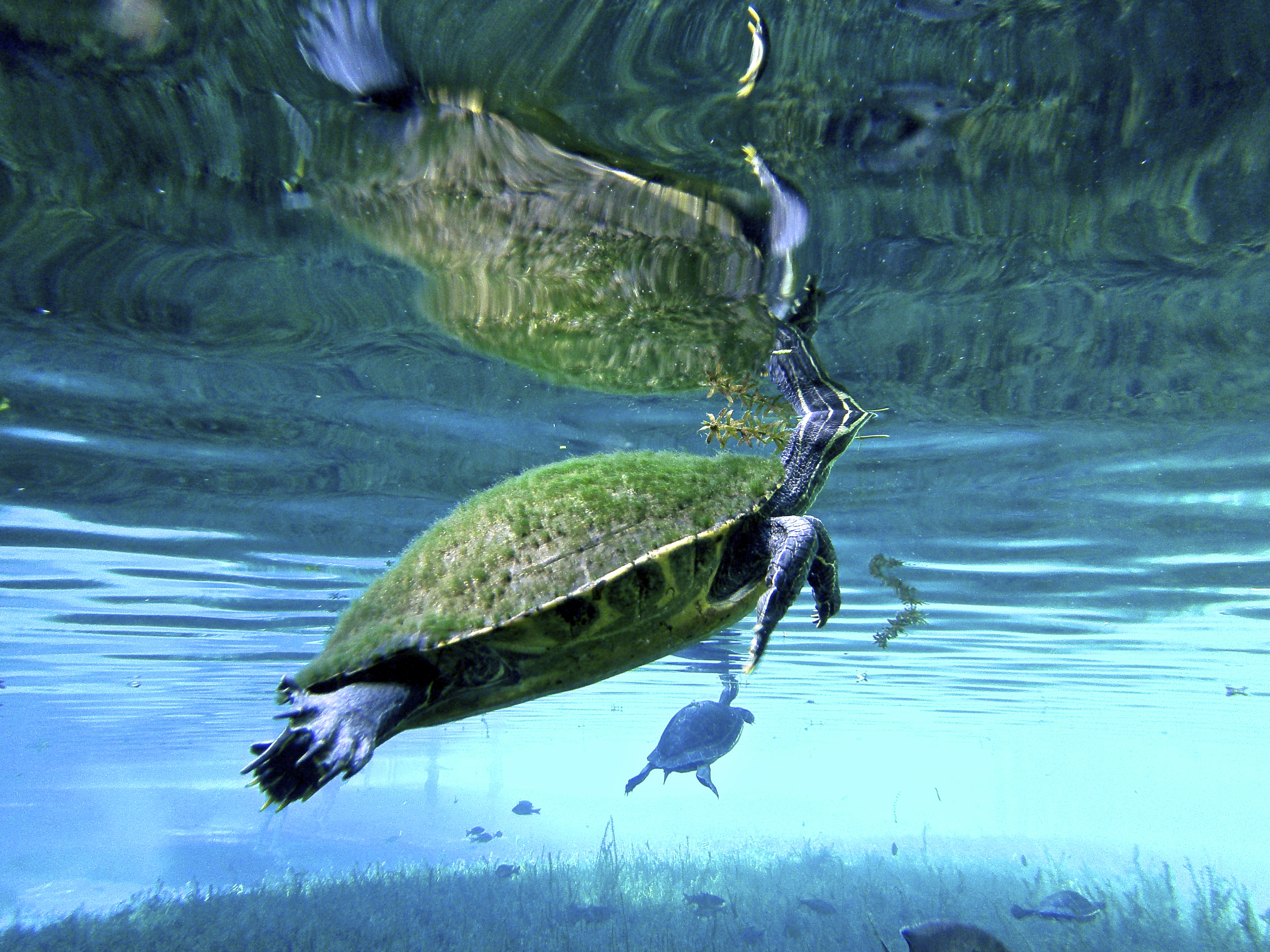At the 2013 spring conference, Dr. Richard Seigel was awarded the 2013 Paul Moler Conservation Award.
Rich’s work on KSC in the 1970s formed the basis for an ideal long-term look at variations in the herp populations over time. There have been a number of changes in abundance and distribution of amphibians and reptiles at the site, especially for diamondback terrapins, which have declined dramatically. Data on snake populations have also shown major declines for several species, but apparent increases in others. Recent Masters’ degree projects have focused on the ecology, movements, and survival of juvenile gopher tortoises, and the use of ephemeral wetlands by sirens and aquatic snakes.
Rich’s contribution to the knowledge of herps in Florida is eclipsed only by the contribution he has made nationally. With over 75 peer-reviewed publications and five books to his credit, there is little doubt that his knowledge and influence have made a huge impact. Even more importantly is the role he has played teaching and mentoring hundreds of students, many of whom have become well known herpetologists in their own right. Richard Seigel epitomizes the intent of the Paul Moler Herpetological Conservation Award and is an excellent, deserving recipient.
You can read more about Dr. Seigel and the award, right here.








